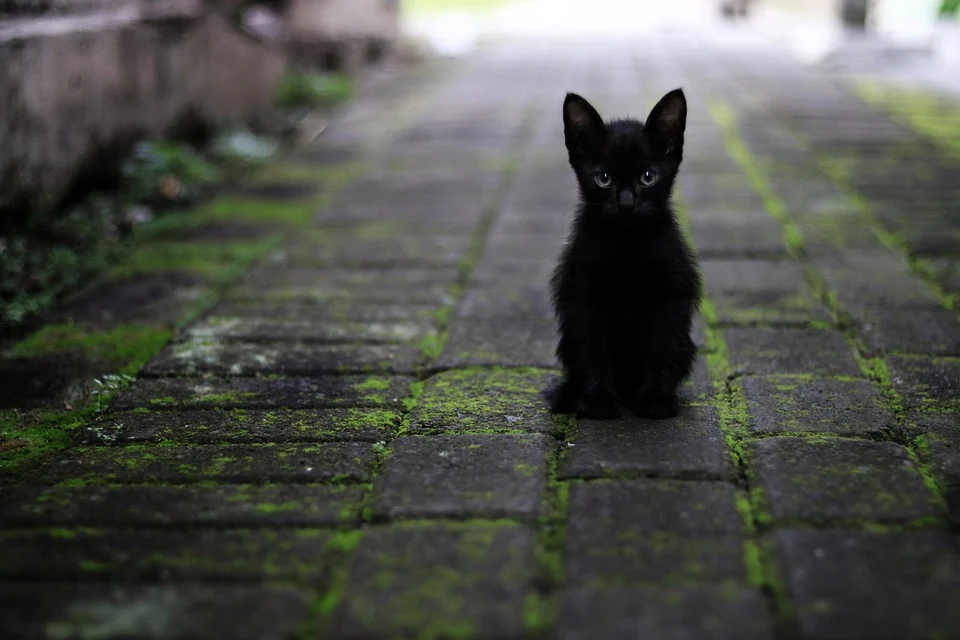
“I never want to have another dog again.” The woman sitting next to me was adamant. I was a bit surprised at the strength of her declaration. First, because we did not know one another, and second, because we live in a very pet-centric society. It was an interesting declaration to make In a neighborhood where many shops and restaurants have water bowls and treats at the ready for the steady stream of dogs who walk by with their humans.
“It is too hard,” she continued. “You get to know them, you learn to love them, and then they die. I don’t think I can say goodbye to one more dog.” And then I began to understand her perspective. In a world where we might keep physical and emotional distance from other human beings, many of us have become increasingly attached to our pets. Our dogs, cats, birds, fish, and reptiles have become friends and family members. In short, many people develop deep attachments to their animal companions. And the grief that comes with loss when this attachment in broken is intense. The choice that this woman was making was not to engage. To love a sentient being without attachment is difficult. This is why you can find various quotes that associate grief as part of love, or grief as the price of love.
In most cases, to love a pet is to know that you will outlive that pet. When interviewing teachers for my book Sitting with Death: Buddhist Insights to Help You Face Your Fears and Live a Peaceful Life, many of the teachers shared that their first experiences with death came from childhood and the death of a family pet. To live with a pet is to observe the cycle of aging and death. I have had the benefit of being part of this journey with more than one cat. A cat named Alex, really taught me about aging.
Her longevity amazed me. When her companion cat died, Alex went through a very rough patch. She lost weight and her fur fell out. She was grieving. I began to realize that she too would soon be gone. Soon actually became two-and-a-half years later. And during that time, I began to look on her as my aging-coach or mentor. She was showing me what it was like to be an old lady. Watching her experience the challenges of aging, I was amazed at the grace and dignity with which she navigated her days. Somedays, she would look at me as if to say, “Can you believe this?” But she forged ahead, making every day her own and teaching me valuable lessons as she did so.
As she aged, Alex either ate or she did not. Some days nothing would entice to her eat. One evening she practically assaulted one of my friends over a cupcake. It’s about the balance between extremes. I do not recall too many days when she snacked. The good news was that until her last week, the not eating versus the eating remained in balance. I recall watching my mother-in-law go through something very similar. Some days she would tell me that everything was too salty. Other days she would clean her plate and reach across to finish mine. Her weight was consistent until the week before she died.
Alex never knew herself to be anything other than a pretty cat. Even when her fur fell out and she had a bald stripe down her back, I told her she was a pretty girl. And she would look at me, blink, and rub her head against my hand. No matter how old you get, and how much your looks may change, to someone you will be beautiful. Accept compliments and affection with grace. Let friends and loved ones shower you with hugs and compliments. It’s good for all of you.
Logically, we know that things are going to change. Parts of your body will work differently or not at all. At some point, Alex lost her hearing. I don’t know exactly when it happened. I discovered it after her companion cat died. One day, Alex just started screaming, and as much as I called to her, she did not respond. I realized that she had relied on her companion cat as her hearing guide. Eventually we both adjusted. I learned that if I needed her attention, I could thump on the floor with my foot, and she would feel the vibrations and respond. She learned that she could meow at me like always, and I would respond. She adapted to her hearing limitation and kept going.
As a young cat, Alex loved to go outdoors. She had no intention of becoming an indoor cat. In the last couple of years, she would go next door to eat the neighbor’s grass, do a lap around her yard, and then come in. In her last year, she would eat the neighbor’s grass, come back, lie in the sun, and then come in. In her last few weeks, she would go outside, sniff the air, lie down in the sun, and come back in within 10 minutes. You too should seek to continue to enjoy fresh air and sunlight and good company and beautiful art and music that brings you joy for as long as you can. You could lament the fact that you can no longer run a 10k, or you can get out and walk up and down the sidewalk. Or sit in the front yard. The choice is yours; the clock is ticking.
As Alex aged, she needed digestive aids, special medicine, and more than one type of special food. She drank lactose-free milk. She did not always hit the litter box. And she had no problem waking me up to let me know that she needed something. None of this gave her any concern. And it should not bother you either. You are here and you are doing your best.
Live your life to the fullest and make every moment count.
On more than on occasion, I thought that Alex was at death’s door. She rallied several times. I joked with friends that the Grim Reaper would come, Alex would start to follow him, and then she would stop and say, “Hey, wait a minute, I am a cat. I have nine lives. Read the contract, buddy. It’s not time yet.” You and I do not have nine lives, but we do have the ability to maximize our time. Live until you have no more life left to live. And if you decide to share that life with a pet, let that pet become part of your practice. To learn how to love without (or with less) attachment, to learn how to age and how to live until you die.
References
Meloni, Margaret. Sitting with Death: Buddhist Insights to Help You Face Your Fears and Live a Peaceful Life. Long Beach, CA: Meloni Coaching Solutions.
See more
Margaret Meloni: Death Dhamma
The Death Dhamma Podcast (Margaret Meloni)
Related features from BDG
Change Is Difficult. Complaining Is Easy
Nine Simple Ways to Contemplate Death
The Promise of Impermanence
Related videos from BDG
The Death Dhamma Podcast Season 1
The Death Dhamma Podcast Season 2














What a wonderful portrait of Alex, Margaret! I found my way here because I recently wrote about my own “furry Zen master” and there was a link to related articles. What a joy to read all that you learned from Alex about how to age with grace and minimal suffering. Our four-legged friends are so good at that!